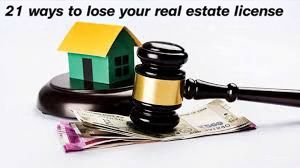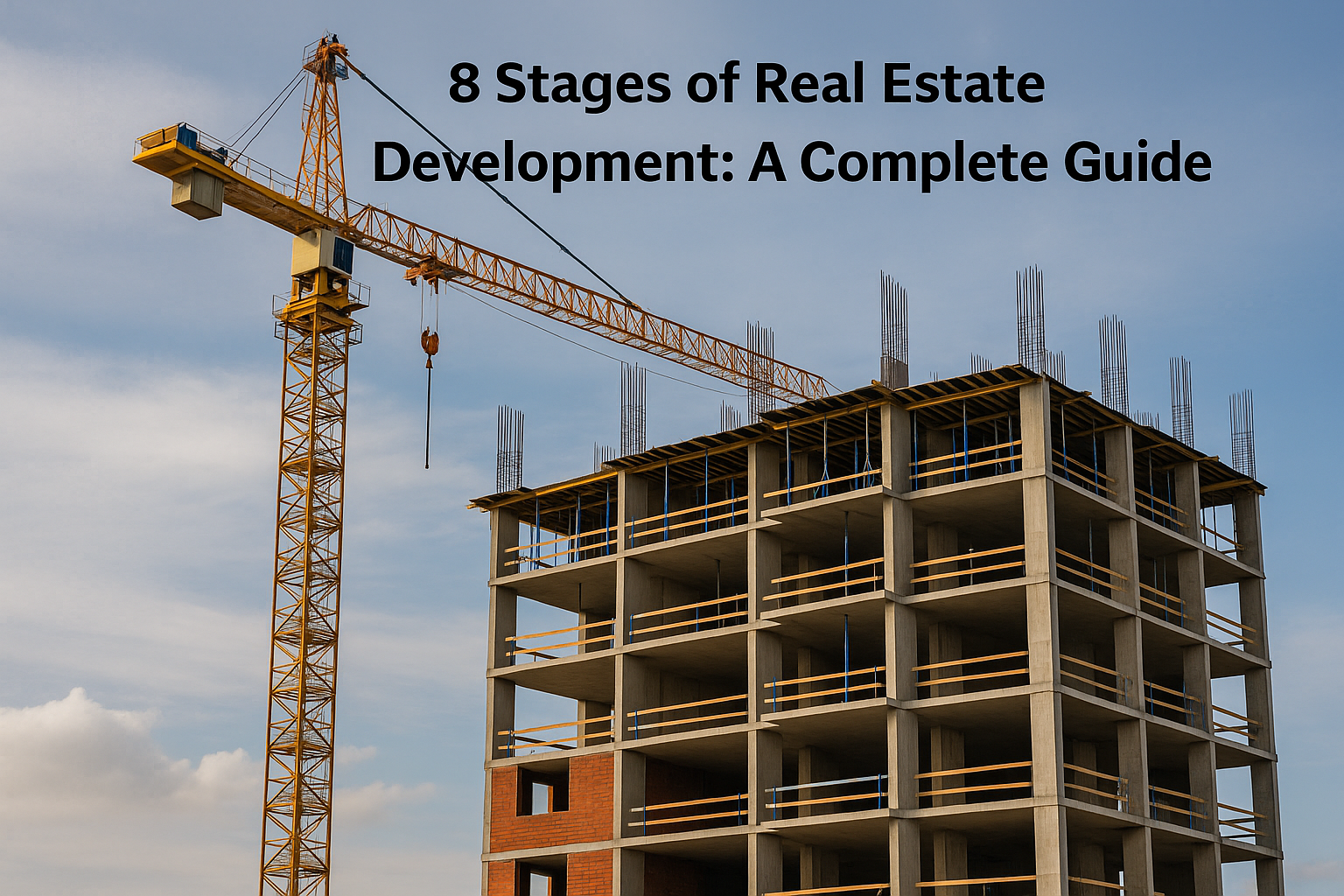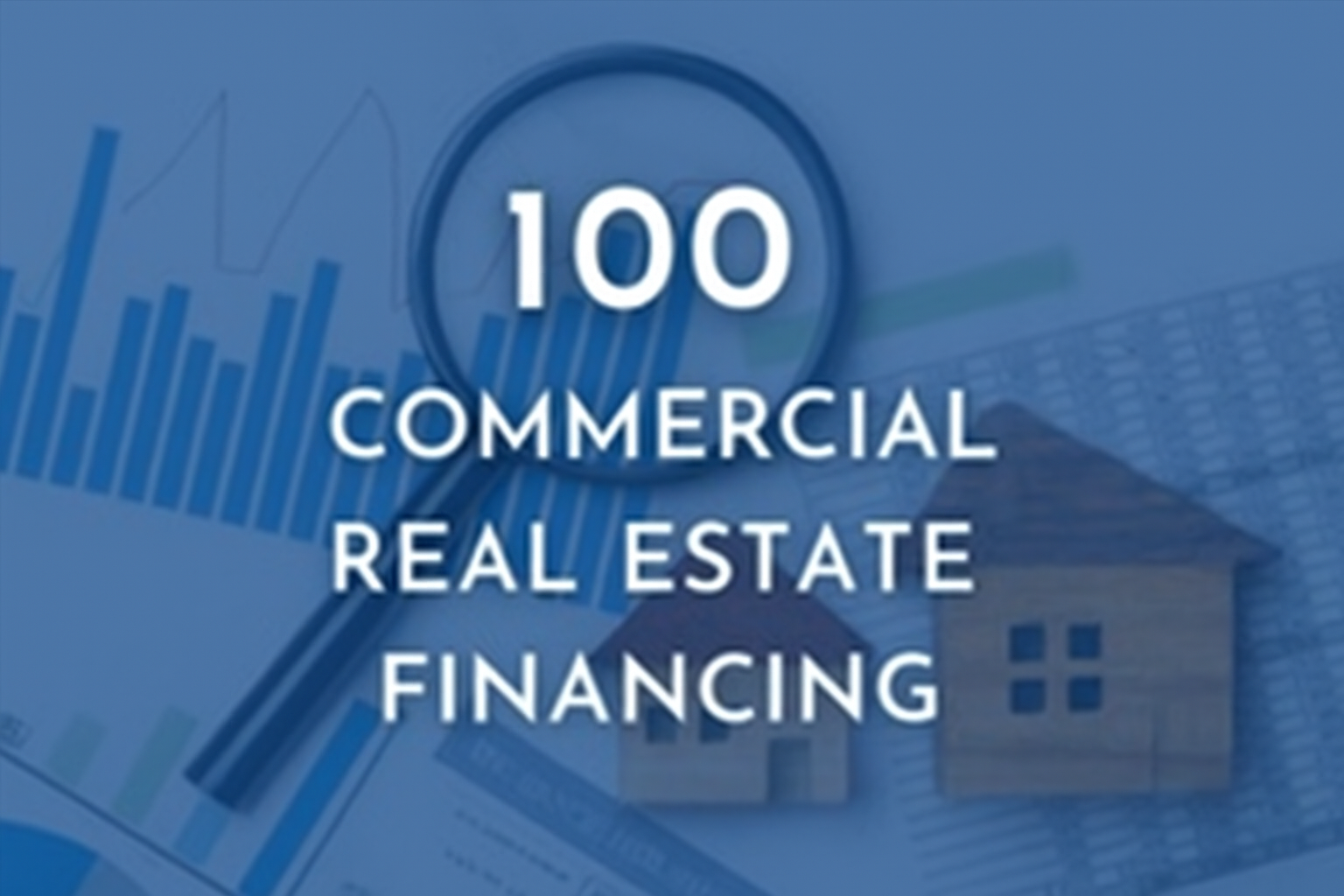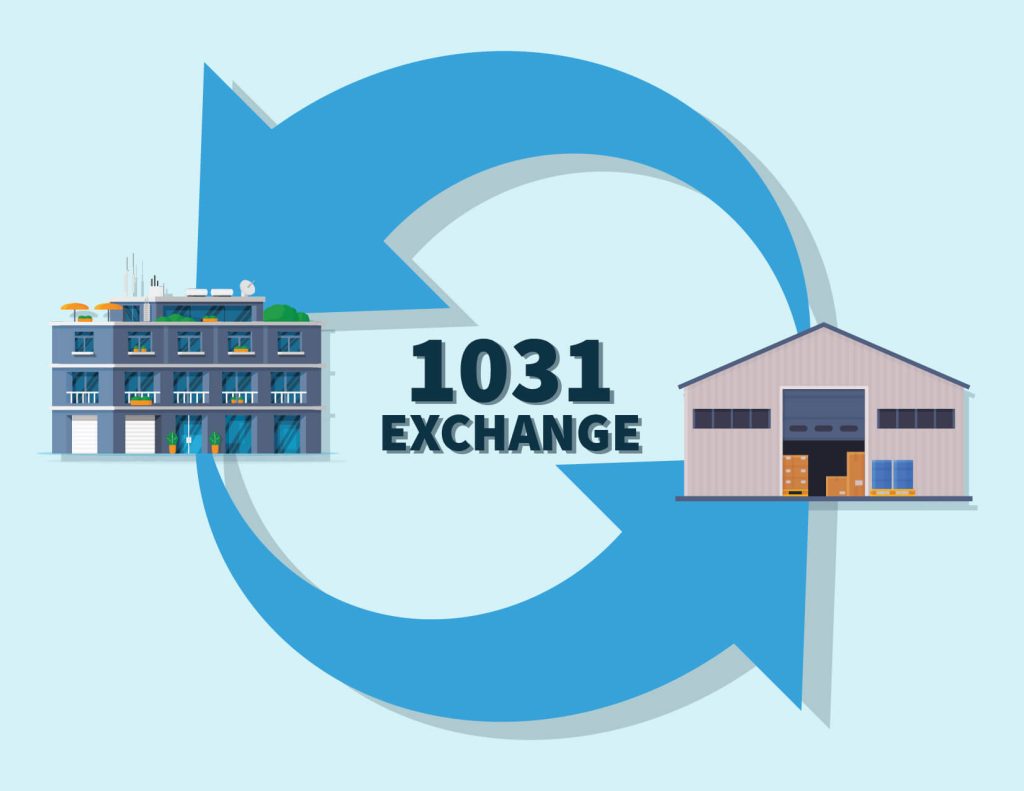21 WAYS TO LOSE YOUR REAL ESTATE LICENSE
Introduction
The real estate industry is built on trust, ethics, and strict regulatory oversight. While becoming a licensed real estate agent is a significant achievement, keeping that license active and in good standing requires ongoing responsibility. Every year, hundreds of agents lose their licenses due to avoidable mistakes. In 2025, with tighter compliance standards and AI-driven audits, it’s more important than ever to understand what actions intentional or accidental can put your real estate career at risk.
Below are 21 specific ways real estate professionals can lose their license, with real-world examples, legal insights, and expert advice on how to protect your professional standing.
1. Misrepresentation of Facts
Failing to disclose critical property details, such as past flood damage or structural issues, is a top reason for license suspension. Transparency is not optional it’s legal.
2. Fraudulent Documents
Creating or submitting forged documents (contracts, financials, or inspection reports) leads to criminal charges and immediate license revocation in most states.
3. Commingling Client Funds
Never mix personal or business funds with escrow accounts. States like California and Texas conduct random audits to catch this early.
4. Breach of Fiduciary Duty
Real estate agents are fiduciaries. Breaching client trust such as prioritizing personal gain over client interest is unethical and often illegal.
5. Practicing Without a Valid License
Whether you forget to renew or operate under another agent’s license, it's considered fraud. Always keep your license status active and current.
6. Criminal Convictions
A felony conviction particularly for fraud, embezzlement, or violence can disqualify you from practicing real estate, often permanently.
7. False Advertising
Making false claims like “guaranteed appreciation” or “investment with no risk” misleads consumers. These statements violate state advertising laws.
8. Dual Agency Without Disclosure
Acting for both buyer and seller without explicit, written consent is not just unethical it’s illegal in many jurisdictions.
9. Kickbacks and Illegal Referral Fees
Accepting or giving undisclosed financial incentives to third parties like mortgage brokers is a violation of RESPA laws.
10. Discrimination
Violating Fair Housing Laws through biased language, client redlining, or steering is a fast route to license loss and potential lawsuits.
11. Unauthorized Practice of Law
Agents cannot give legal advice or draft custom legal clauses. Doing so may constitute unauthorized legal practice.
12. Failure to Disclose Agency
Not clarifying who you represent in a transaction causes confusion, legal issues, and loss of license in some states.
13. Inadequate Supervision
Brokers are responsible for their agents. Failing to supervise new or unlicensed agents is a liability that leads to suspension.
14. Ethics Violations
Breaching the NAR Code of Ethics, even without breaking a law, can trigger disciplinary hearings and license suspension.
15. Unprofessional Conduct
Using profanity, intimidation, or disrespecting clients can result in complaints. While subjective, repeated offenses can lead to loss of license.
16. Operating Under a Fake Name
Using aliases or unregistered business names is a red flag. Your name must match licensing records and advertising disclosures.
17. Failure to Report Convictions
Many states require agents to self-report any arrest or conviction. Failing to do so may be seen as dishonesty.
18. Social Media Misuse
Sharing private client information, making discriminatory remarks, or misrepresenting listings online can cost you your license.
19. Noncompliance with Continuing Education
Neglecting to complete your CEUs (Continuing Education Units) may trigger automatic suspension until corrected.
20. Withholding Offers
Intentionally withholding buyer offers from sellers violates fiduciary duty. Every offer must be presented in a timely manner.
21. Allowing Unlicensed Activity
Allowing an assistant or intern to show property or negotiate terms is illegal unless they hold a valid real estate license.
Protecting Your License in 2025 and Beyond
With growing regulatory scrutiny and increased digital monitoring, real estate professionals must elevate their compliance awareness. Here are a few best practices:
- Conduct annual compliance audits
- Stay updated with local real estate laws
- Maintain transparent client communications
- Invest in legal training and CE courses
- Use digital tools to track deadlines and documentation
Being proactive not reactive keeps your career secure.
FAQs
1. What are the top reasons agents lose their real estate license?
Agents often lose their license due to fraud, misrepresentation, mishandling client funds, or ethical violations. Common causes include failing to disclose conflicts of interest, violating fair housing laws, or operating with expired credentials. Most violations are preventable with proper training, documentation, and ethics. Staying informed on state regulations is key to avoiding these critical errors.
2. Can a license be revoked for accidentally violating real estate laws?
Yes, even unintentional violations can result in suspension or revocation. For example, forgetting to renew your license or failing to update agency disclosures may be seen as negligence. State boards take consumer protection seriously. Always double-check your compliance processes and seek legal advice if unsure.
3. How does commingling funds lead to license loss?
Commingling mixing client money with personal or business accounts is a major trust violation. It often leads to immediate investigation and possible license revocation. Always keep earnest money in a designated escrow account and follow your state’s fiduciary rules precisely.
4. What happens if a real estate agent is convicted of a crime?
Criminal convitions, especially felonies involving fraud, theft, or violence, can lead to immediate disqualification. Even misdemeanors can result in disciplinary action. In many states, agents must report criminal convictions within a set timeframe or risk further penalties.
5. Can false advertising get your real estate license revoked?
Yes. Misleading MLS listings, fake testimonials, or exaggerated property claims can be seen as unethical and deceptive marketing. These violations breach both the NAR Code of Ethics and state advertising laws, leading to fines, suspension, or license revocation.
6. Is not disclosing material facts grounds for losing a license?
Absolutely. If an agent fails to disclose known issues (like water damage, zoning violations, or past renovations without permits), it's considered misrepresentation. This violates fiduciary duties and puts consumer safety at risk grounds for license loss.
7. Do all states have the same reasons for license revocation?
No. Each U.S. state has its own real estate commission with unique statutes. However, there are common trends fraud, unlicensed activity, and misrepresentation are universally penalized. Agents must understand their local licensing laws and ongoing compliance requirements.
8. Can social media posts cause license trouble?
Yes. Agents must be cautious with what they post. Misleading property posts, discriminatory comments, or unapproved claims can lead to ethics complaints. Remember: any form of marketing digital or print must comply with advertising and licensing laws.
9. How often should agents review their compliance practices?
At minimum, agents should review their compliance annually. However, reviewing every quarter is recommended, especially after state law updates or market shifts. Frequent training, audits, and legal check-ins help prevent mistakes before they escalate.
10. What is the most overlooked reason agents lose their license?
Working with an expired or inactive license. Many agents mistakenly operate while their license is lapsed or fail to complete required continuing education. This often leads to automatic suspensions. Always track renewal deadlines and CEU requirements diligently.
Conclusion
A real estate license is more than a certificate it's a symbol of trust and accountability. By understanding the 21 pitfalls that can jeopardize your license, you're better prepared to navigate a complex, highly regulated industry in 2025. Whether you're a new agent or a seasoned broker, staying compliant, ethical, and informed is non-negotiable. Your career depends on it.


















Blog Comments (0)